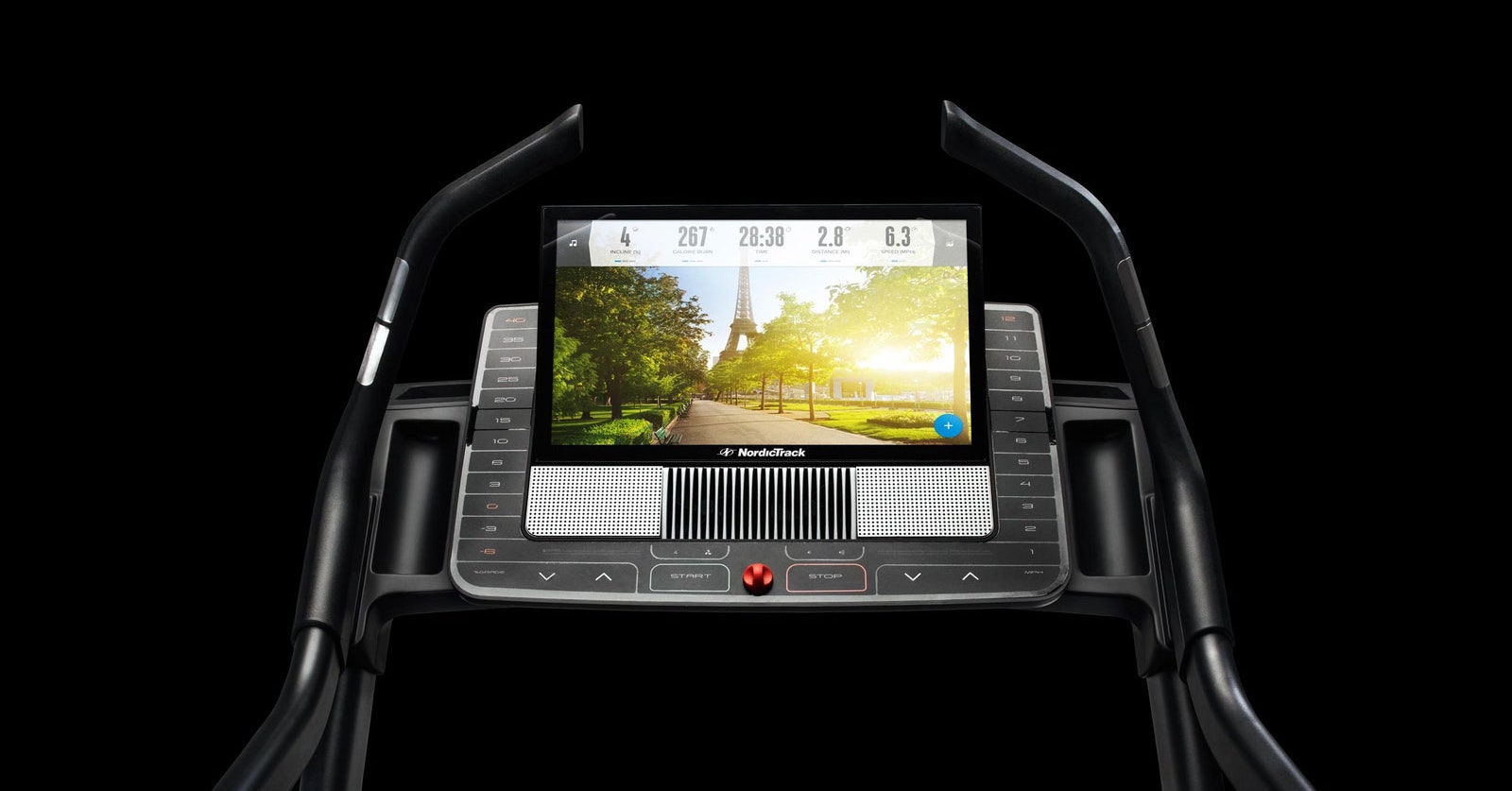A recent government press release said that the National Institute of Biotic Stress Management has distributed ‘foldscopes’ — portable microscopes — to farmers in nearly 20 districts of Chhattisgarh. It described the foldscope as “the new tool that is empowering communities” and “helping agricultural livelihoods”.
Foldscopes aid in pest and disease detection, soil quality assessment and water analysis. It helps in in-situ diagnosis and digital cataloguing of plant-pathogenic fungi through foldscope microscopy.
In Chhattisgarh, it is used to identify diseases such as powdery mildew, leaf blight, leaf spot and post-harvest diseases. As many as 16 fungal diseases and their causal organisms were identified based on the morphological structure of the pathogens and host species such as Golovinomyces cichoracearum and Erysiphe polygoni. Furthermore, five biopesticides and two bioagents were also tested, the release said.
“Foldscope microscopy was also used for assessing semen quality in straws for cattle artificial insemination (AI). This could be a pioneering application with significant potential to enhance conception rates and improve the grading of indigenous cattle breeds,” the release said.
The foldscope was developed about 10 years ago by Manu Prakash, an Indian-American bioengineer and professor at Stanford University, and his team as part of an effort to make scientific tools more affordable and accessible.
It is said that Prakash once visited a farm and noticed the lack of equipment for scientific farming. This spurred him to work towards bringing frugal engineering to farmland testing equipment. The result was the foldscope, a tool that could perform basic scientific tasks while being portable, durable, and affordable. The foldscope was introduced in 2014 and has since been used globally for education, diagnostics, and research, particularly in resource-constrained settings.









Leave a Comment